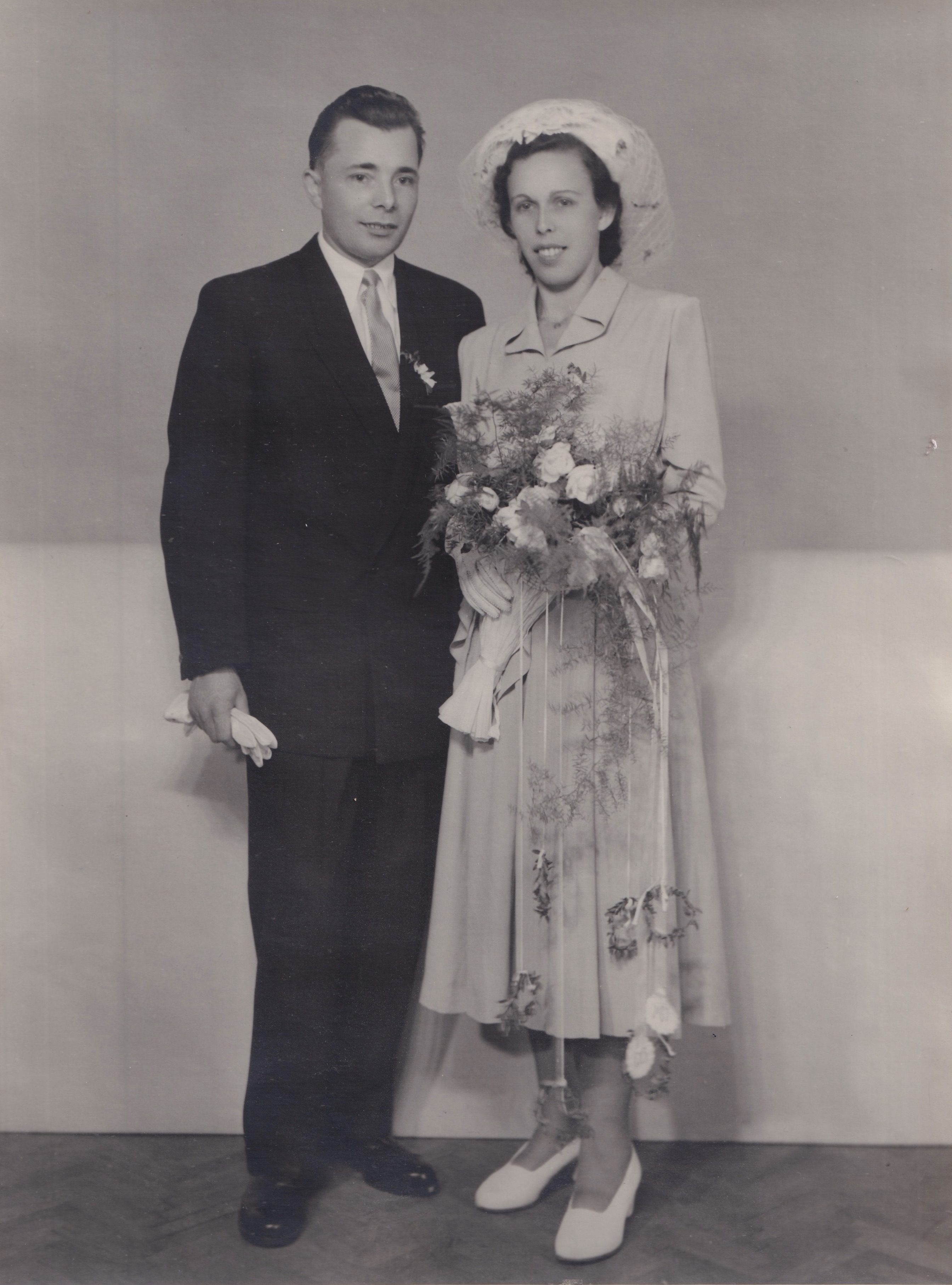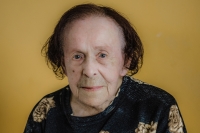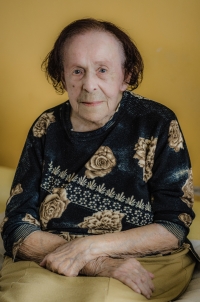We gave food to prisoners going through despite a risk of imprisonment

Download image
Vlasta Jiránková was born in Žižkovo Pole in the Vysočina Region on 3 September 1923 and spent her childhood in Všetaty. Having graduated from the primary and high school, she decided to become a cook and entered apprenticeship in Brandýs nad Labem in 1939. From 1943, she worked as a cook at the Všetaty railway station canteen and tried to help prisoners transported from concentration camps at the end of the war. She stayed at the station canteen until 1946 when she honoured her friend’s request and left for Liberec. She found a new job in the Stalingrad restaurant. She married Oldřich Jiránek in June 1950 and went on to work at the school canteen in Jeřáb in 1953. Having retired in 1980, she spent time with her family and grandchildren. She lived in Liberec at the time of filming (2023).












